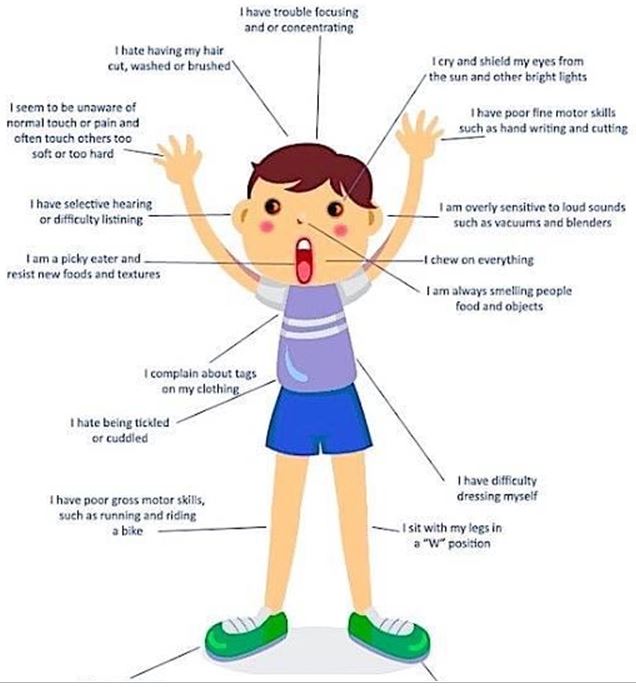Let's talk about Stimming!
Mar 26 , 2021
0 Comments
Everybody stims in some way. It’s not always clear to others. Some people tap their feet, hum, twirl their hair, drum their fingers on the desk when deep in thought…
Stimming is part of the diagnostic criteria for autism. Stimming is not always related to Autism but stimming in people with Autism can get out of control and cause problems.
In people with Autism, stimming might be more obvious. For example, it may present as full body rocking back and forth, twirling or flapping of their hands. Sometimes the stimming behaviour can go on for long periods of time. Often, the individual has less social awareness of how their behavior may be affecting others.
Stimming isn’t necessarily a bad thing that needs to be stifled…but it should be addressed when it’s disruptive to others and interferes with quality of life, if it interferes with learning, results in social exclusion or if it is destructive.
Sensory problems can not only disrupt a child’s ability to learn in school and form friendships but can upend the lives of whole families. “These are really challenging kinds of problems for children, whether they’re diagnosed with something or not” says Grace Barenanek, Professor of Occupational Science and Therapy at the University of North Carolina.
Harmless stimming can promote a sense of calm and reduce anxiety, reduce distractions and increase concentration and learning.
One of the ways to assist people with stimming is to provide them with some sensory regulation tools. These tools need to be able to transfer across school, home and when away from familiar environments such as when you are travelling or are out of their regular routine.
There are some amazing emotionally regulating products being developed Many of the products on the market can provide relief for the person with the stimming behaviours.
There is no ‘one size fits all’ answer so you may need to try a few different products to see what works best for the individual person.
Remember too, different situations may call for different self-regulating products and behaviours may change - so it is good to stay informed, talk to others and make your decision based on individual needs.
Always look for the best quality you can as inferior products may look to be ‘just the ticket’ at the time but when it breaks or doesn’t last, this can cause undue anxiety for the individual.
Always look for tools that can provide relief for the individual in the classroom, home or when travelling. They can lessen distractions and enhance concentration.
The NDIS will fund ‘reasonable’ and ‘necessary’ supports if they can be directly related to the person’s disability. The NDIS may cover some sensory equipment or products if these products have been identified in the individual’s goals and funding package if they align with the individual’s goals.


